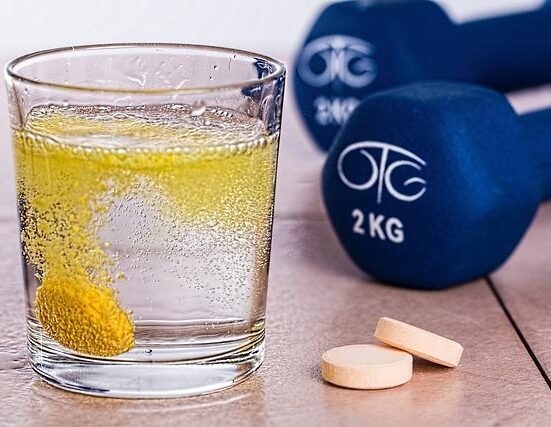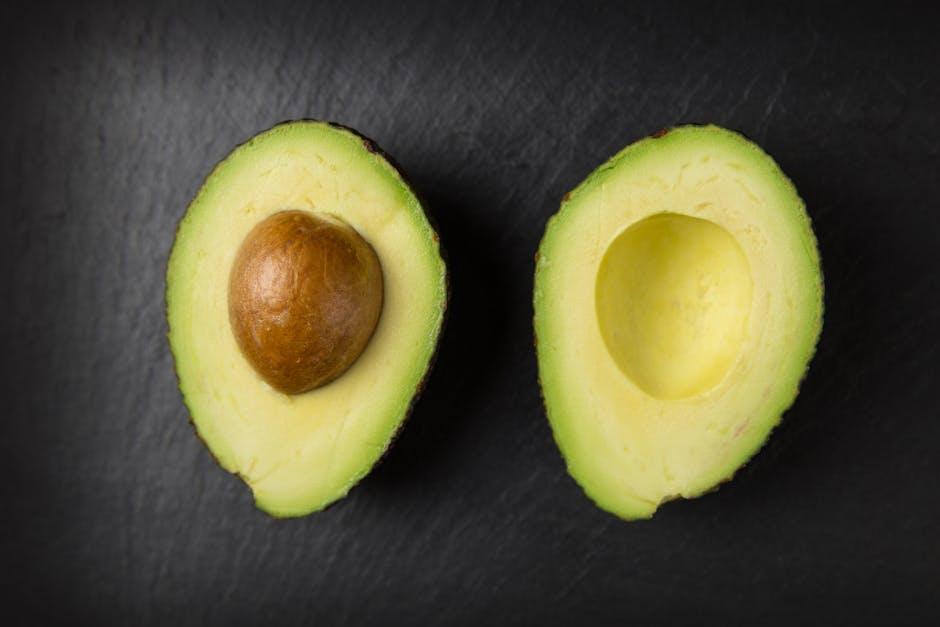In the diverse landscape of dietary choices, omega-3 fatty acids have emerged as a cornerstone of nutritional advocacy, championed for their myriad health benefits, from bolstering heart health to enhancing cognitive function. As awareness about the significance of these essential fats grows, so does the discussion surrounding the best sources for their intake. For those navigating the world of supplements, the debate often boils down to two primary contenders: vegan and non-vegan omega-3 supplements. Each promises to deliver these vital nutrients, but how does their absorption compare within the body? In this exploration, we delve into the science behind omega-3 bioavailability, examining the distinct properties of plant-based sources like algae oils against traditional fish oils. Join us as we unravel the intricacies of absorption and help illuminate the path to informed dietary choices in the quest for optimal health.
Understanding Omega-3 Sources and Their Bioavailability
Omega-3 fatty acids are crucial for our health, and they come from various sources with differing levels of bioavailability. The two primary types of Omega-3s are ALA (alpha-linolenic acid), primarily found in plant-based sources, and EPA (eicosapentaenoic acid) and DHA (docosahexaenoic acid), which are mainly derived from marine sources. Vegan supplements, often sourced from algae, provide a direct source of EPA and DHA, similar to fish oils. On the other hand, non-vegan supplements from fish or krill not only deliver EPA and DHA efficiently but also contain additional nutrients beneficial for absorption, such as astaxanthin. It’s essential to consider not only the type of source but also the inherent absorption capacity of each when making a supplement choice.
When comparing the bioavailability of different Omega-3 sources, research indicates that the body may absorb EPA and DHA from marine sources more effectively than ALA from plant sources. This distinction can be highlighted in the following table:
| Source | Type of Omega-3 | Bioavailability |
|---|---|---|
| Fish Oil | EPA & DHA | High |
| Krill Oil | EPA & DHA | Moderate to High |
| Algal Oil | EPA & DHA | Moderate |
| Flaxseed Oil | ALA | Low |
Ultimately, the choice between vegan and non-vegan Omega-3 supplements should be based on individual dietary preferences and health goals. While vegan options offer an ethical choice and can be a suitable alternative for some, those seeking optimal absorption of EPA and DHA may find marine sources more beneficial. Understanding the types of Omega-3s and their bioavailability enables consumers to make more informed decisions tailored to their lifestyles.

Comparing Plant-Based and Marine-Based Omega-3s
When it comes to omega-3 supplements, the source can significantly impact the effectiveness and bioavailability of the nutrients. Marine-based omega-3s, primarily derived from fish oil, contain the long-chain fatty acids EPA (eicosapentaenoic acid) and DHA (docosahexaenoic acid), which are readily absorbed by the body. These forms are well-studied for their numerous health benefits, including heart health, anti-inflammatory effects, and brain function enhancement. However, concerns surrounding sustainability and the environmental impact of fishing practices have led many to seek alternatives.
In contrast, plant-based omega-3s, such as those sourced from flaxseed, chia seeds, and algae, offer a vegan-friendly option. While these sources are rich in ALA (alpha-linolenic acid), which the body can convert into EPA and DHA, the conversion rate is relatively low. This means individuals relying solely on plant-based sources may not achieve optimal levels of EPA and DHA as quickly or efficiently as those consuming marine-based supplements. Here’s a quick comparison:
| Type | Source | Primary Omega-3 Type | Bioavailability |
|---|---|---|---|
| Marine-Based | Fish Oil | EPA, DHA | High |
| Plant-Based | Flaxseed, Algae | ALA | Moderate |

The Role of Absorption Factors in Supplement Efficacy
When evaluating the efficacy of omega-3 supplements, understanding how absorption factors play a pivotal role is essential. Various elements determine how well the body utilizes these nutrients. For instance, the type of omega-3, whether sourced from algae (common in vegan supplements) or fish, can influence bioavailability. Additionally, factors such as digestion, individual gut health, and the presence of other nutrients can greatly impact how effectively these fatty acids are absorbed. Omega-3 fatty acids are most beneficial when they are efficiently taken up by the cells, meaning that even high-quality supplements can fall short if absorption is inadequate.
Another critical aspect is the formulation of the supplement itself. Many non-vegan omega-3 products are formulated with added nutrients or emulsifiers that may enhance absorption. On the other hand, vegan omega-3 supplements often leverage natural carriers like chia or flaxseed oil, which can also aid absorption but may do so less effectively than their fish-based counterparts. Understanding these differences can help consumers make informed decisions based on their dietary preferences and health goals. Below is a simple comparison of absorption characteristics:
| Supplement Type | Absorption Factors | Notes |
|---|---|---|
| Vegan Omega-3 |
|
Ideal for vegetarians; may require higher doses |
| Non-Vegan Omega-3 |
|
Typically better absorption; not suitable for vegetarians |

Making Informed Choices for Your Omega-3 Needs
When it comes to fulfilling your omega-3 needs, assessing your supplement options is crucial. Vegan omega-3 supplements, typically derived from algae, offer a plant-based source of these essential fatty acids. They often contain ALA (alpha-linolenic acid) and can convert to EPA (eicosapentaenoic acid) and DHA (docosahexaenoic acid) in the body, although this conversion rate varies among individuals. On the other hand, non-vegan omega-3 supplements are frequently sourced from fish oil, providing a direct source of EPA and DHA without the need for conversion, which may enhance their bioavailability. When considering which type to choose, think about factors like dietary preferences, ethical considerations, and absorption rates.
To help you make a more informed choice, it’s beneficial to look at the absorption rates and bioavailability of both categories. Here’s a quick comparison to keep in mind:
| Aspect | Vegan Omega-3 | Non-Vegan Omega-3 |
|---|---|---|
| Source | Algae | Fish Oil |
| Key Fatty Acids | ALA, EPA, DHA | EPA, DHA |
| Bioavailability | Moderate to High | High |
| Ethical Considerations | Ethical & Sustainable | Varies by Source |
Ultimately, making informed choices requires a thorough understanding of your unique health needs and lifestyle preferences. Evaluating the pros and cons of vegan versus non-vegan omega-3 supplements will empower you to select the option that best supports your overall well-being. Consider consulting a healthcare professional for personalized advice and recommendations tailored to your specific situation.
In Conclusion
In the grand tapestry of nutrition, omega-3 fatty acids play a pivotal role, yet the choice between vegan and non-vegan supplements can often blur the lines of clarity. As our exploration comes to a close, it’s evident that both forms offer their unique benefits and challenges when it comes to absorption and bioavailability. For those who align with plant-based diets, algal oil stands as a formidable contender, providing essential nutrients without compromising ethical beliefs. Conversely, fish oil, long celebrated for its potency, continues to be a trusted source for those open to animal-derived options.
Ultimately, the decision may come down to personal values, dietary needs, and lifestyle choices. Whether you lean towards the waves of the ocean or the richness of the land, what matters is finding the right balance that nourishes your body, mind, and conscious. As you navigate this sea of options, remember that informed choices lead to the best outcomes. Embrace your journey, and may it be guided by health, sustainability, and well-being.














Leave feedback about this